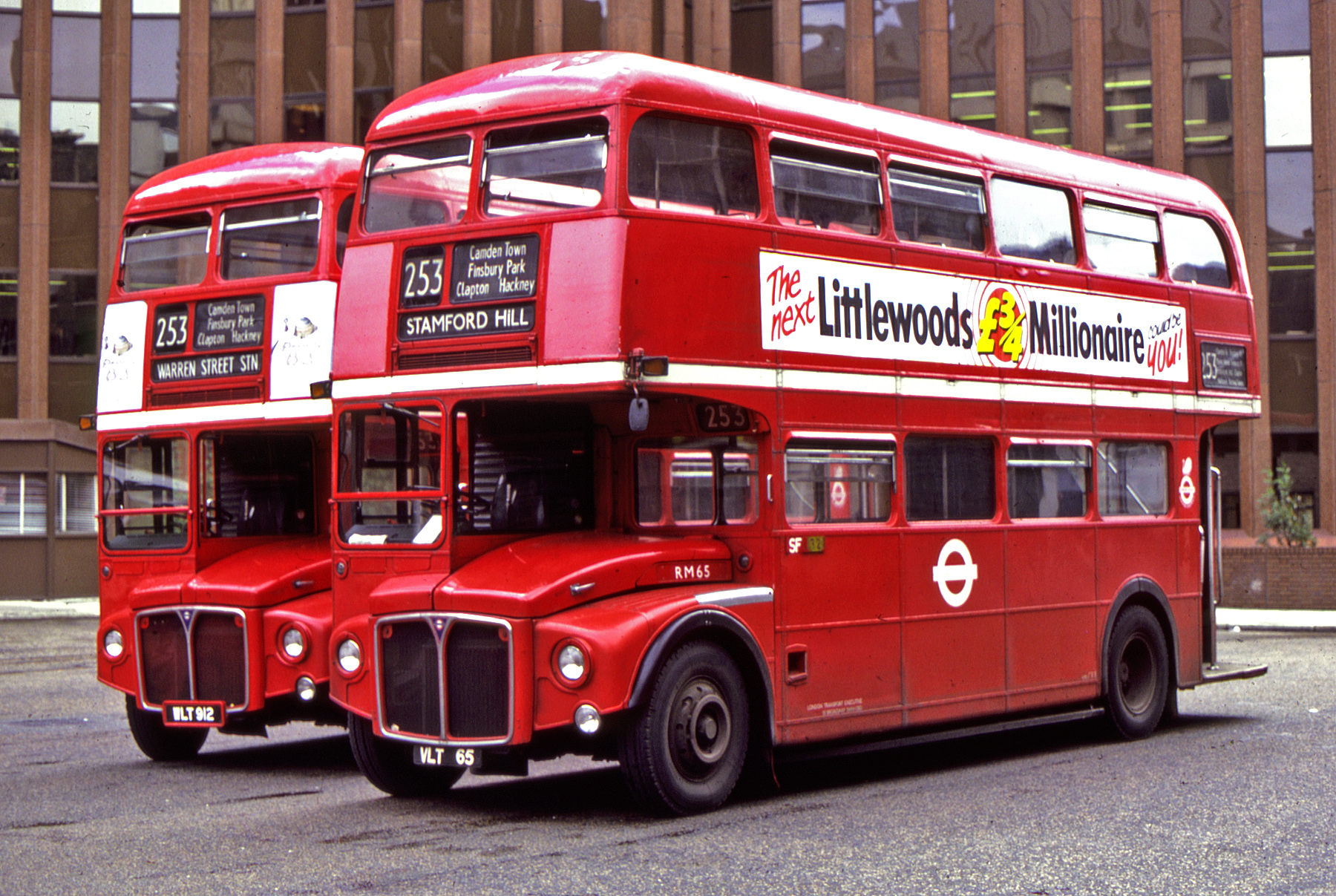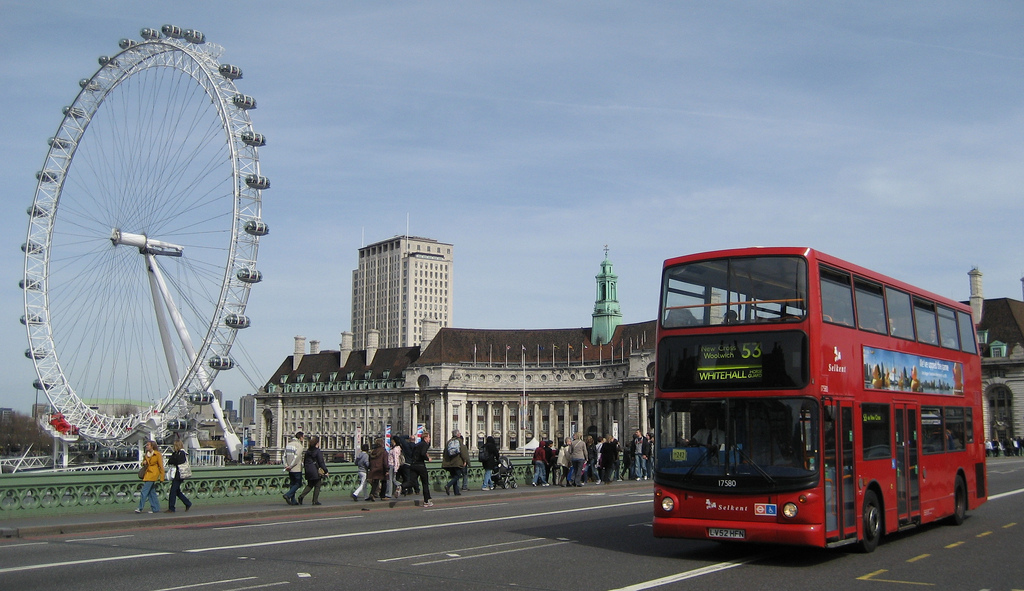London lessons tell a sad story on bus privatisation
By 2020, London buses will lose all of its $1.4 billion in government subsidies, sparking fears that to recoup funding Transport for London will cut services and jobs, and increase fares.
 If privatisation doesn’t work in London, one of the biggest cities in the world, without cuts to services or hiking up prices, the argument can’t be made in any other city around the world, including Sydney or Newcastle.
If privatisation doesn’t work in London, one of the biggest cities in the world, without cuts to services or hiking up prices, the argument can’t be made in any other city around the world, including Sydney or Newcastle.
In 1986, all publicly owned bus companies, including local government fleets, were privatised, and under the new model any company holding the correct accreditation could start up a bus route within 56 days and charge whatever amount they wanted.
Unsurprisingly, popular routes saw a lot of competition on the road, as well as some dodgy practices to get the competitors out of the market – including selective price reductions and running extra buses just before a competitor was due to arrive and taking passengers.
Off-peak and rural routes suffered at the hands of the private operators. Noticing this decline in routes and patronage at certain times, local governments had to step in and subsidise those routes again, paying money to the private providers to keep running the routes the government used to run anyway. However, many smaller governments couldn’t afford to subsidise all the routes that they considered “socially necessary” and those routes folded.
Despite competition being a main argument for privatisation, area based monopolies ended up forming with a single provider operating in one region, and not expanding into neighbouring territories run by competing companies.
 Since privatisation, bus fares have risen by more than 60%, while car travel has only increased in cost by 10% – with the view that this has pushed people away from public transport.
Since privatisation, bus fares have risen by more than 60%, while car travel has only increased in cost by 10% – with the view that this has pushed people away from public transport.
But it’s not just routes and prices that have faced changes. Following privatisation, driver wages went from 7 per cent above the average wage, to 13 per cent below the average wage. This was caused by decreases in full time positions and increasing casualisation, and reduction of services from larger buses to minibuses, which allowed the company to pay drivers less.
The underlying issue for all privatisations is that every private company has the same goal, and that is to make money.
Even with minimum route standards written into agreements, the company will not exceed that minimum workload if it doesn’t get something out of it – nothing is done for the social good.
The Union will not stand for this happening in New South Wales and we will fight it every step of the way.

